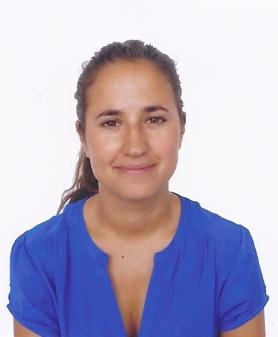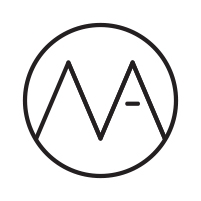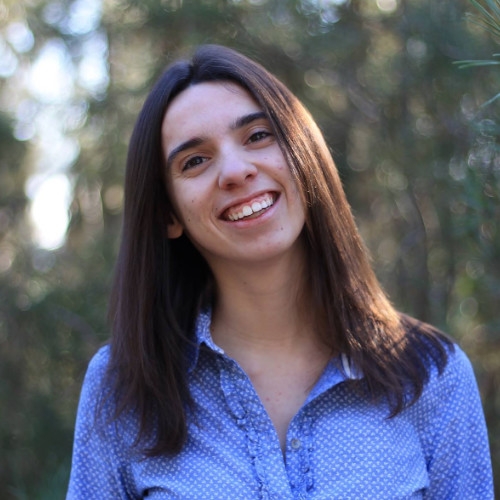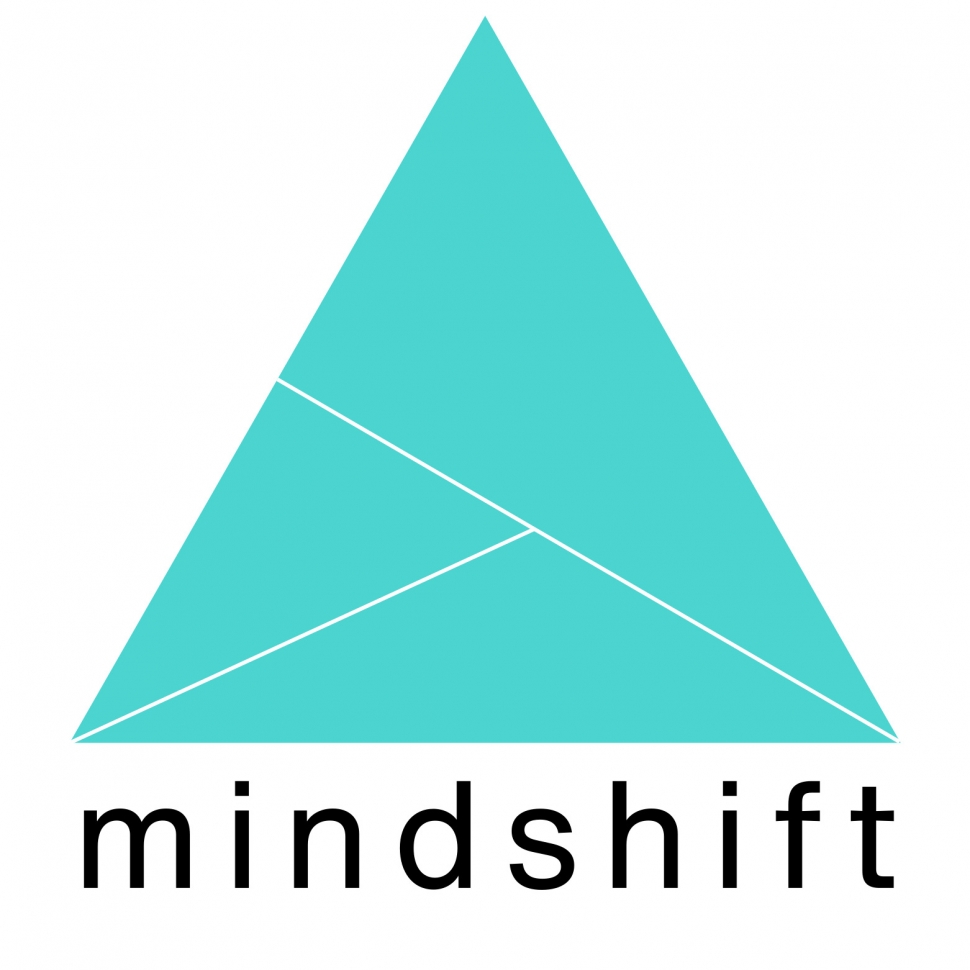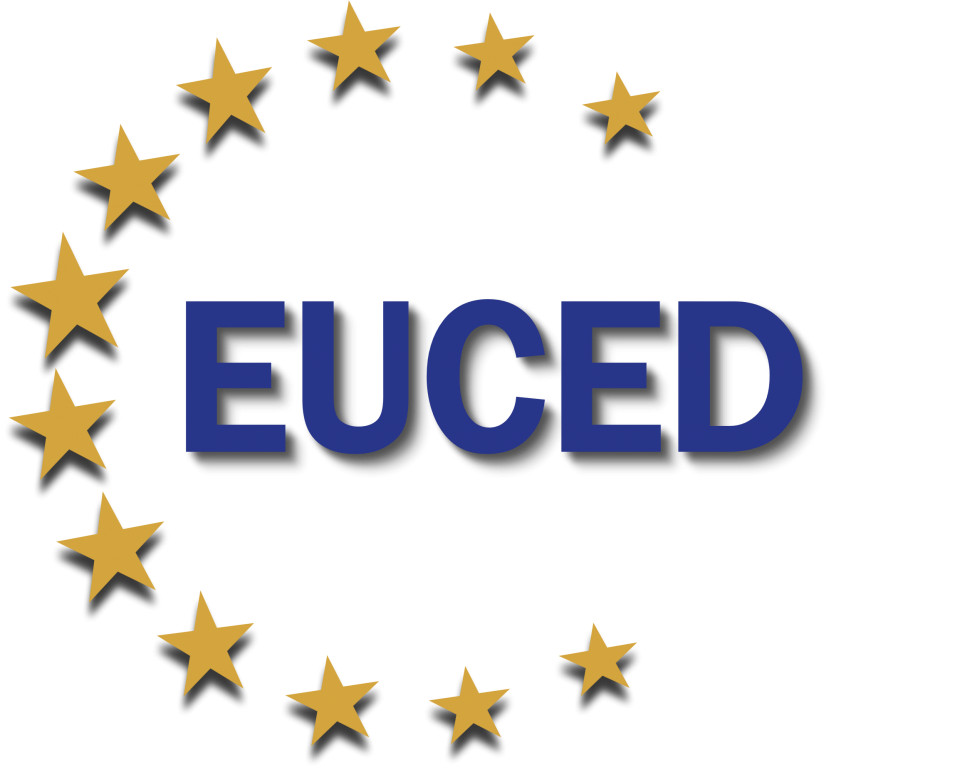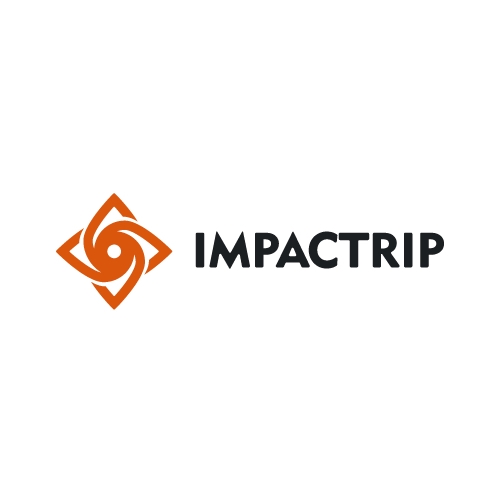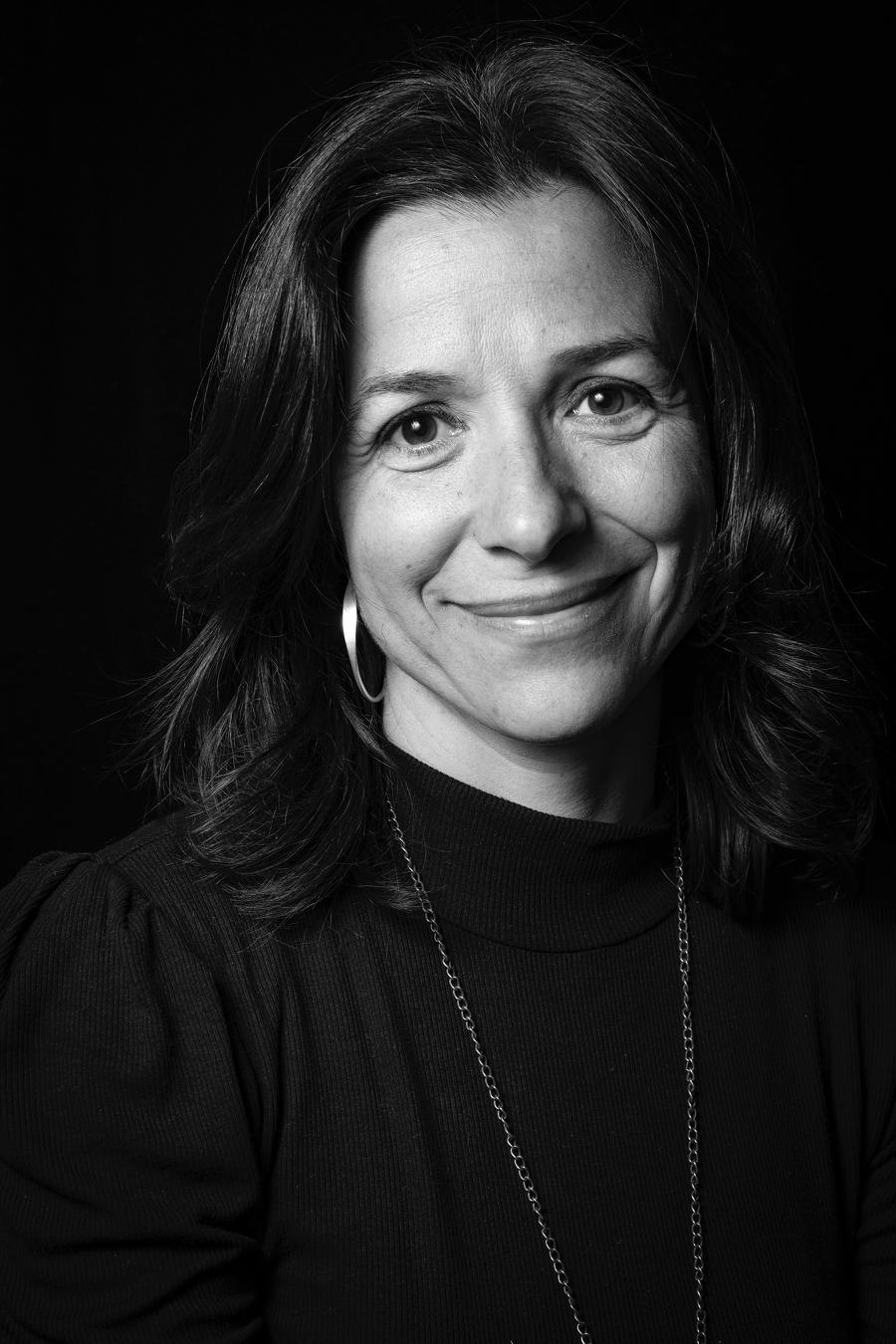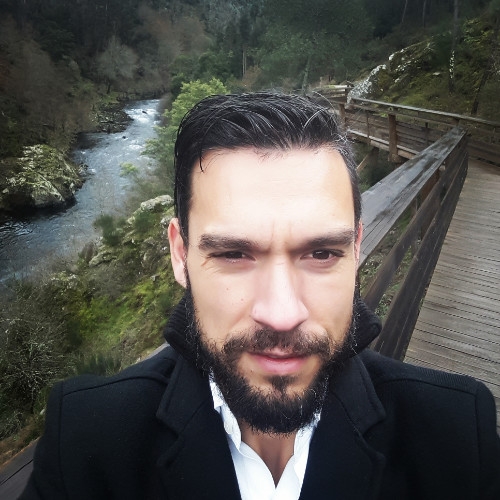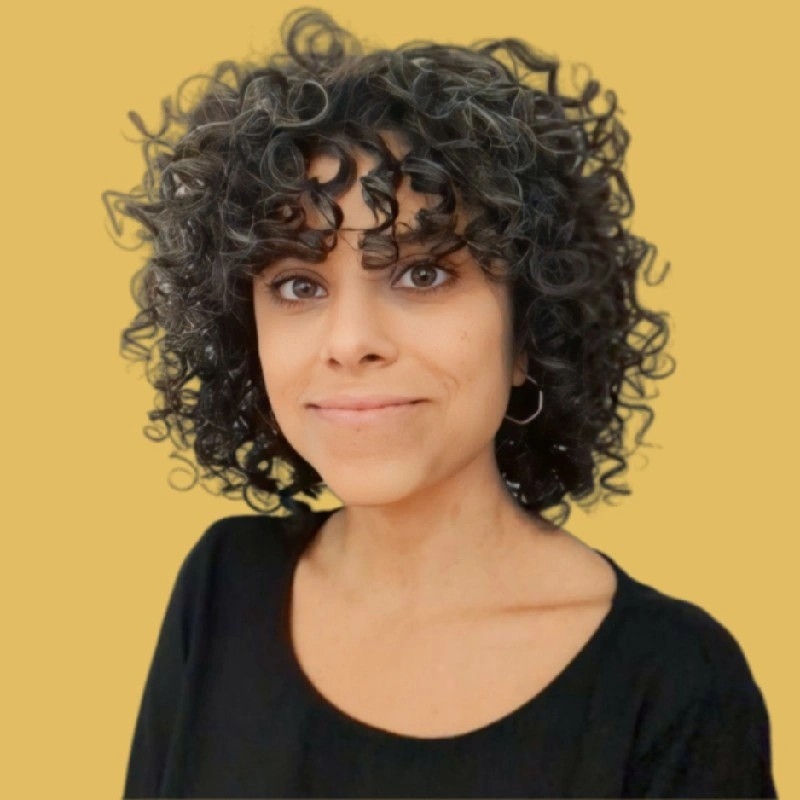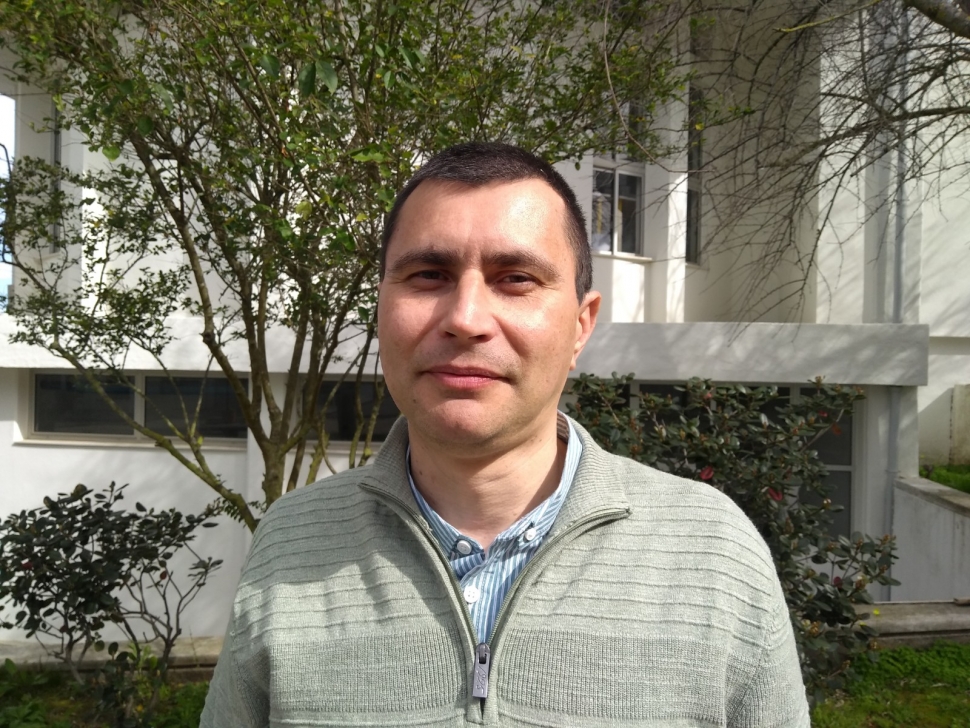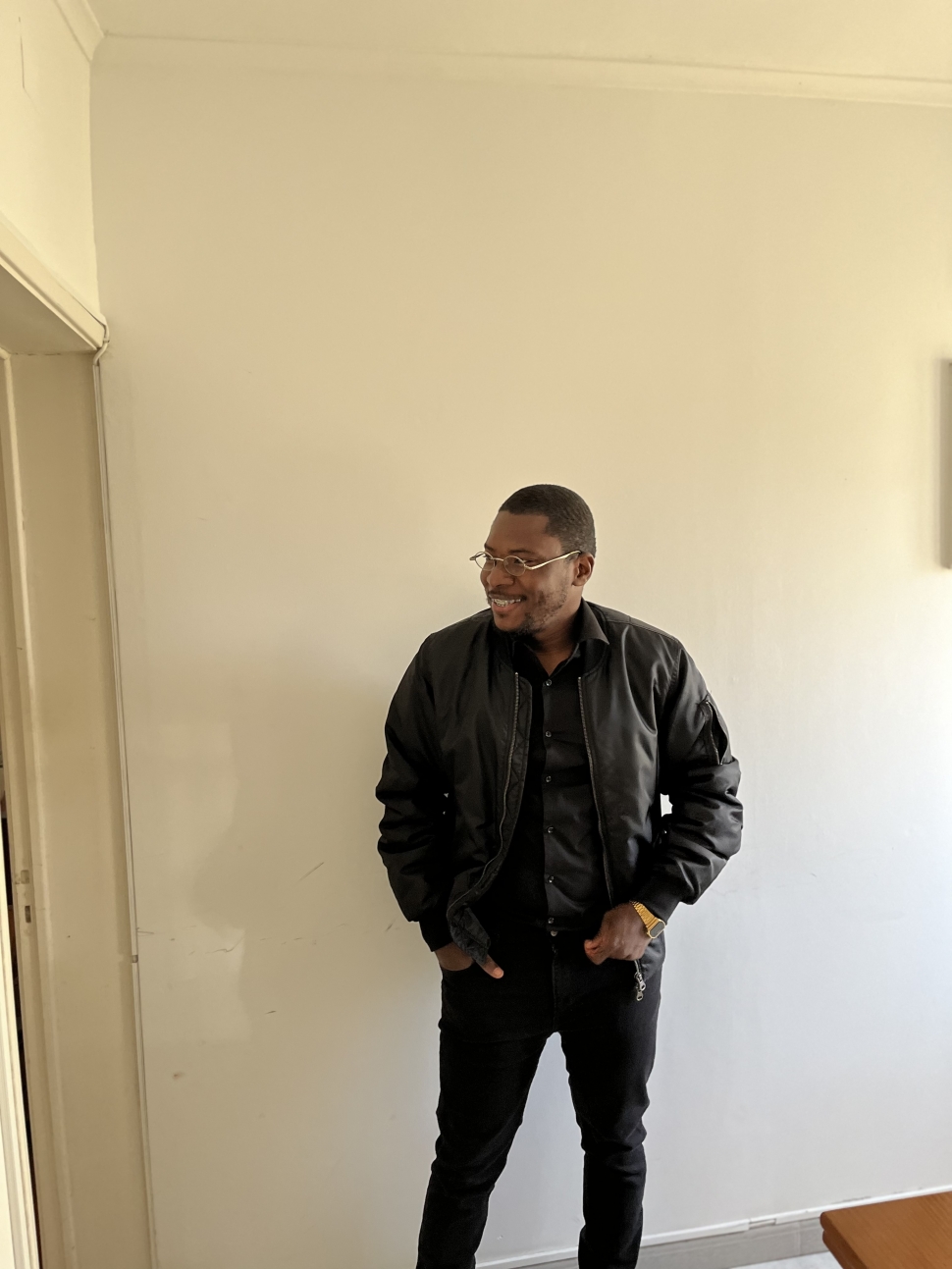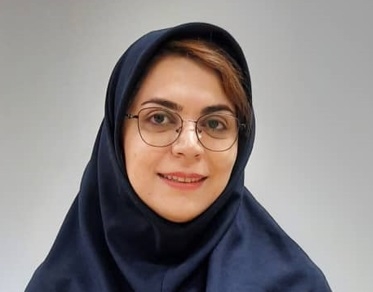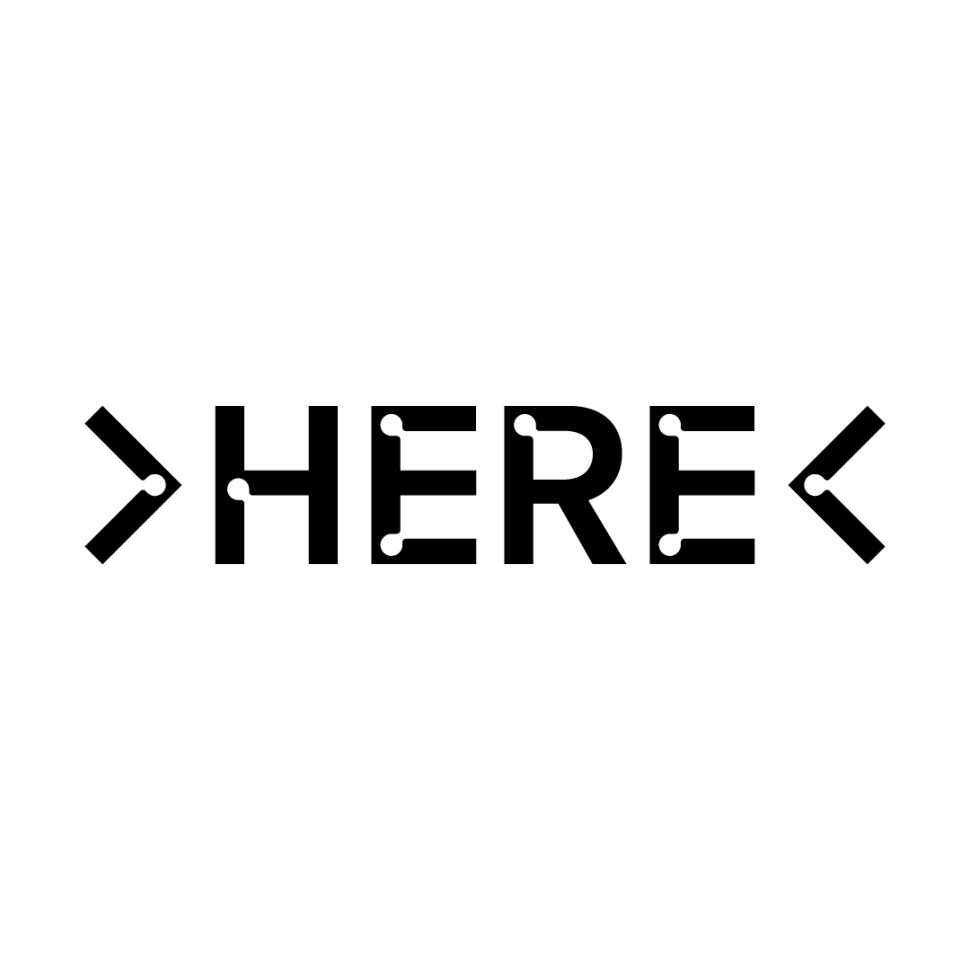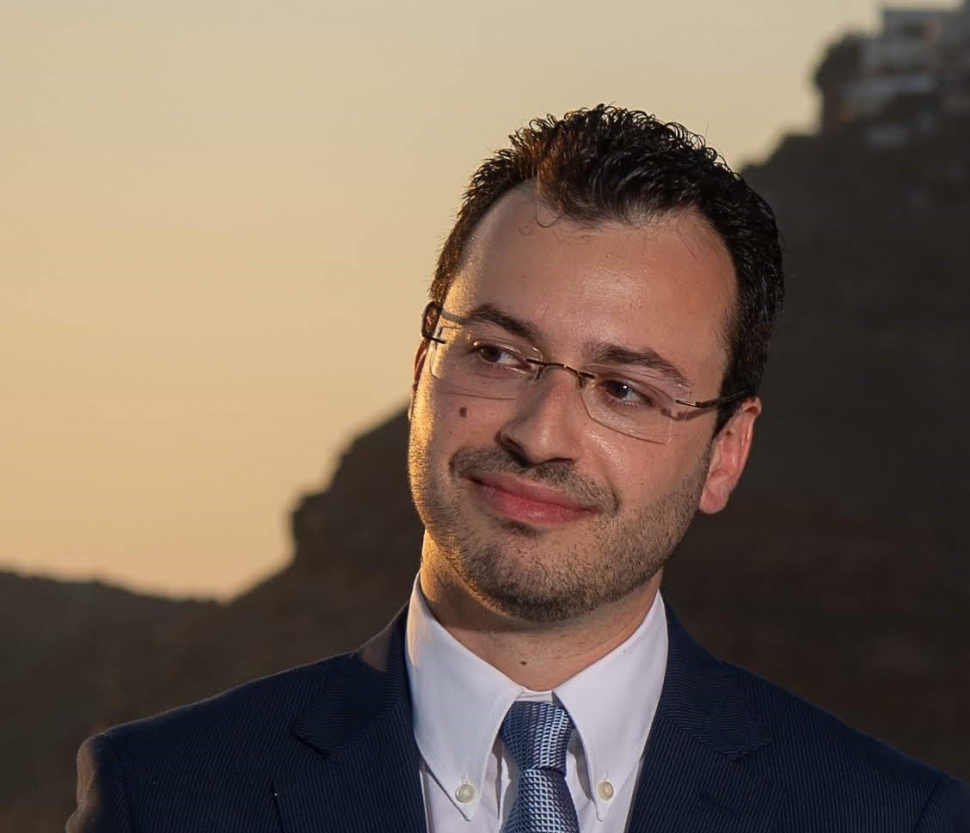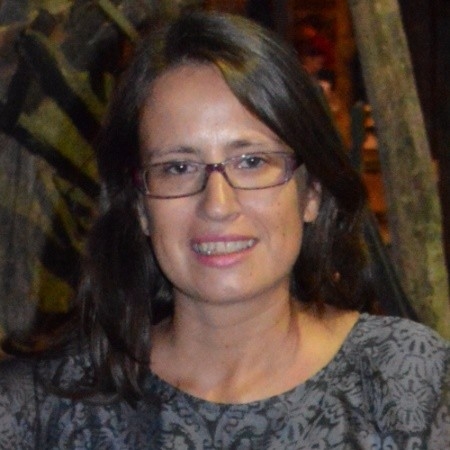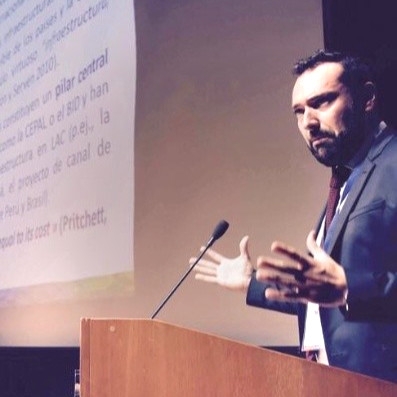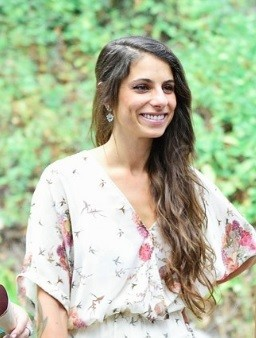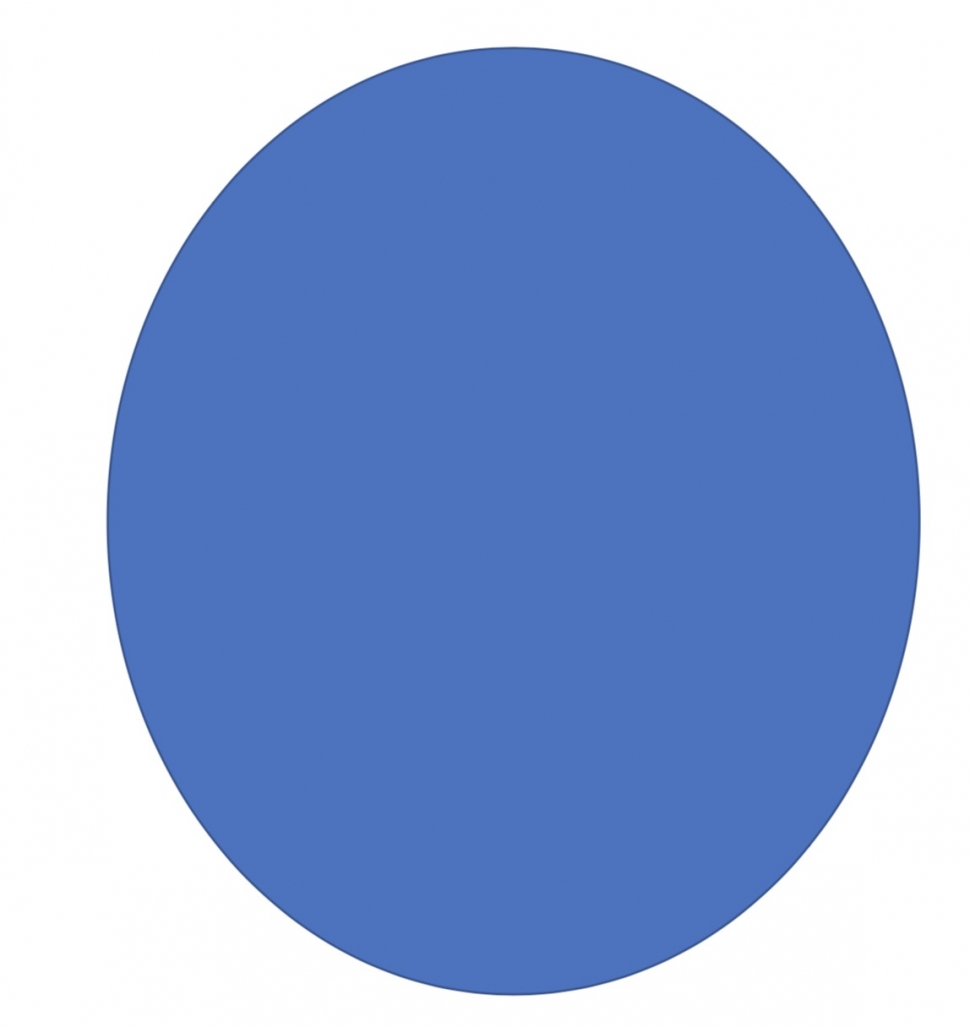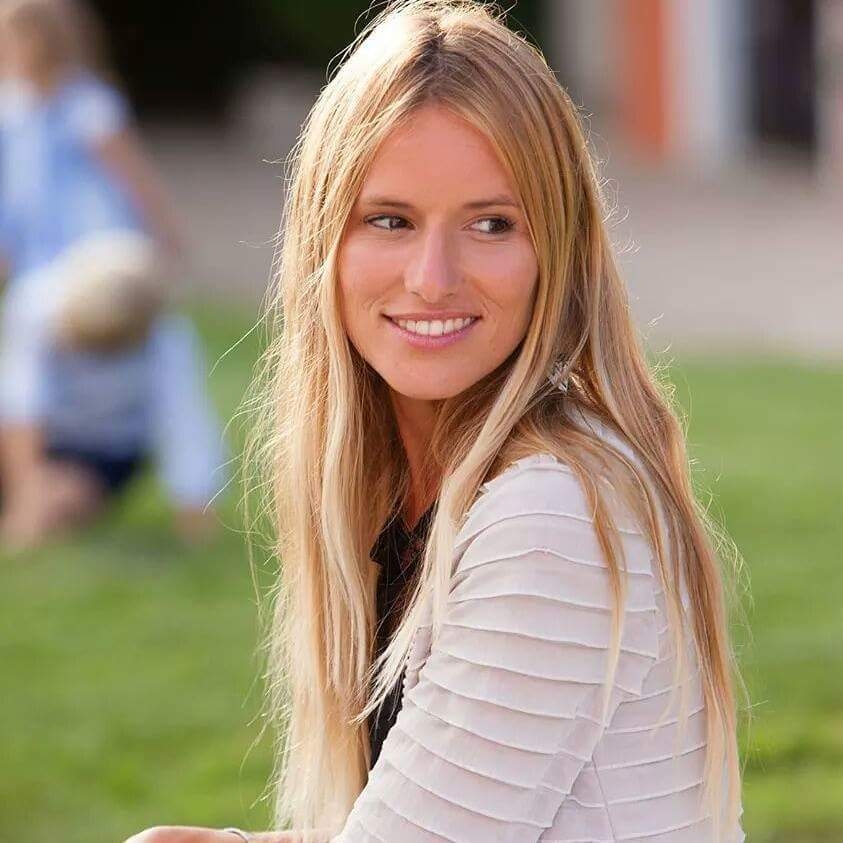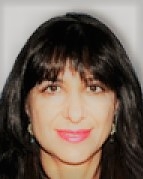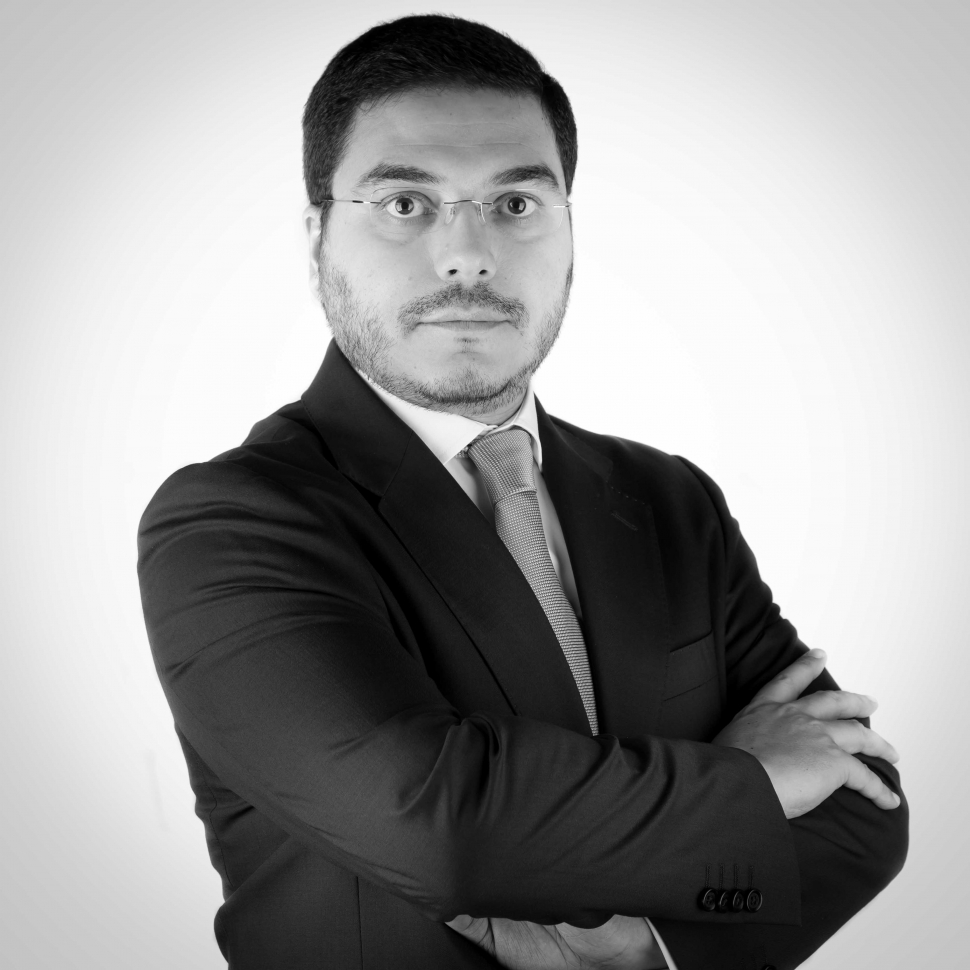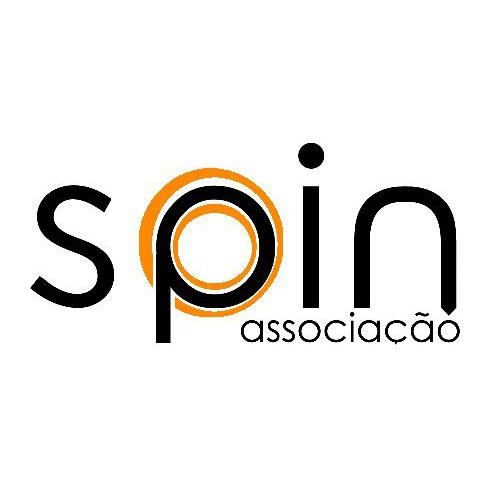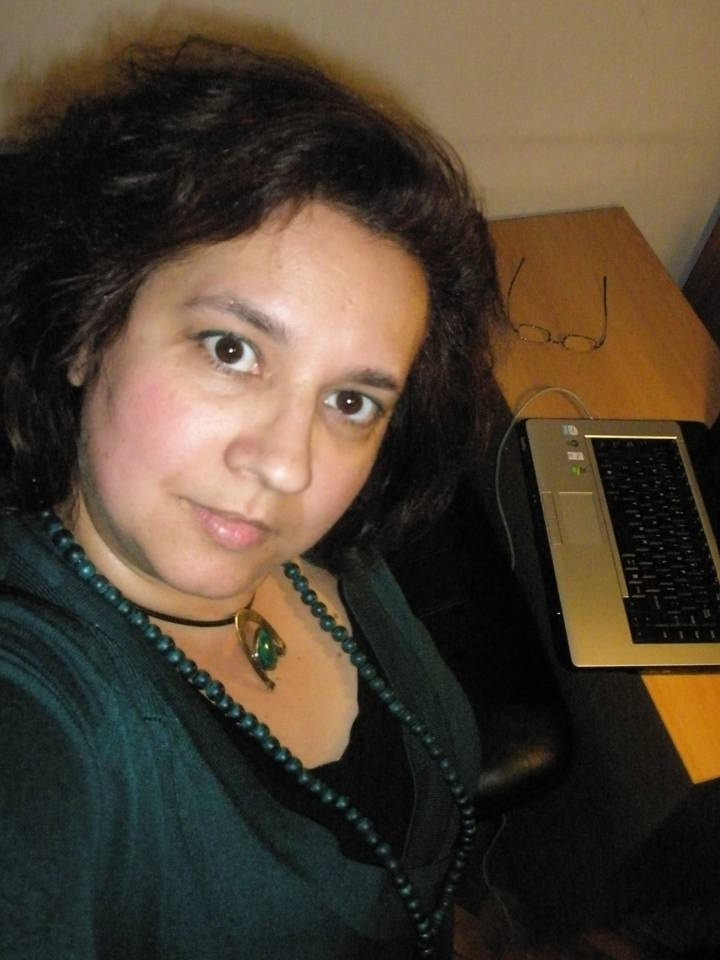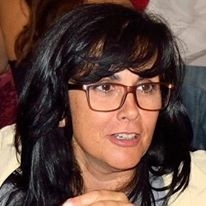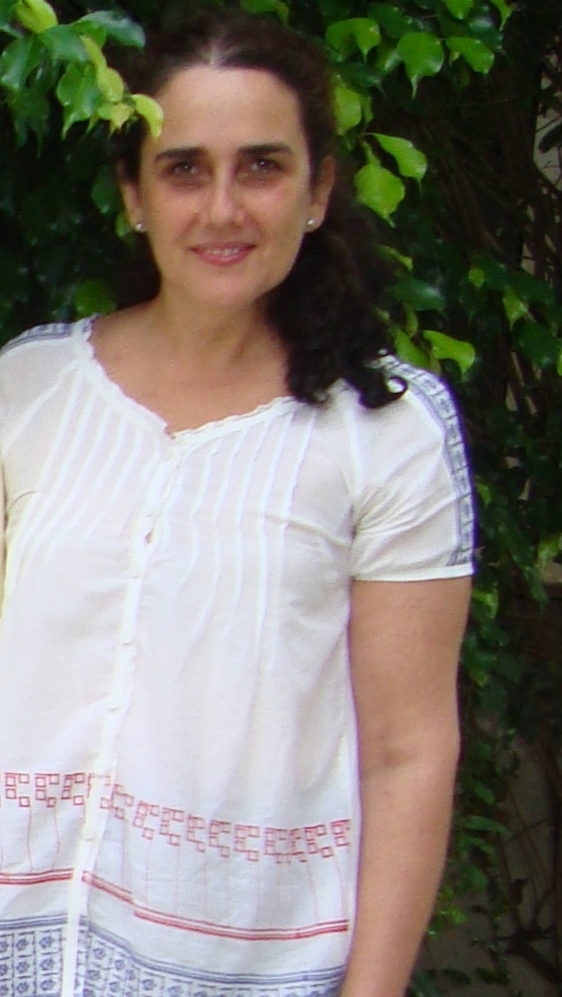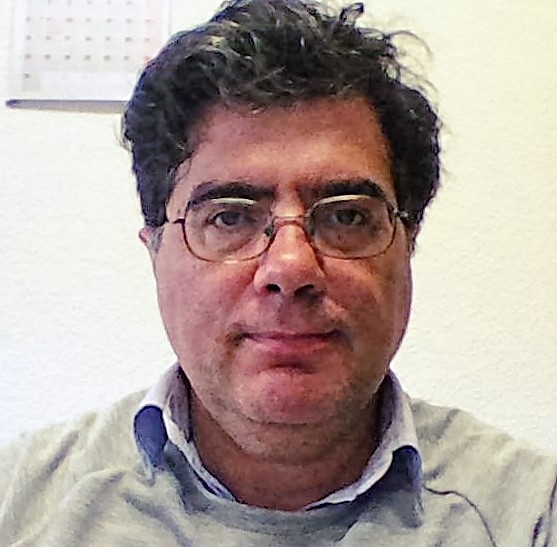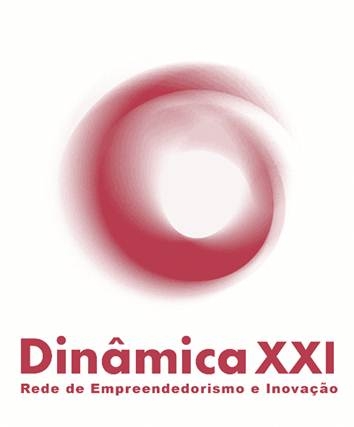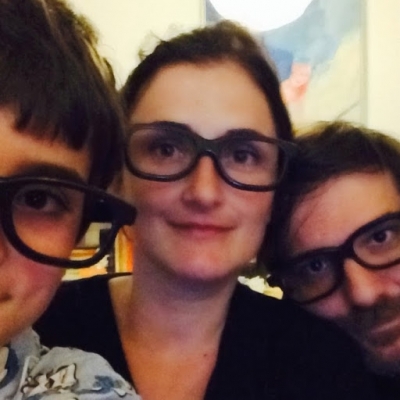
Inês Bettencourt da Câmara
Recherche partenariat En recherche de financements
Mapa das Ideias is a Portuguese private-owned company dedicated to the relationship between museums, audiences and communities, since 1999. Initially focused on museum communication, the company broadened its services to other cultural niches, providing consulting services (from audience management and communication planning to providing educational services) as well as a variety of solutions from learning kits to exhibition design for a number of different clients. One of such solutions, has been vocational training for museum and other heritage professionals, for which the company has national recognition.
The company’s training experience started in 2003, with the course “Communicating with Specific Audiences at the Museum”, which eventually led to the development of a ‘Museum Mediators’ international transfer of innovation with partners from five countries, contributing to the establishment of the company in the sector of vocational training for cultural professionals.
Mapa’s international experience started within the framework of the Museum Mediators courses gave rise to an inner concern with transnational sectoral concerns and cultural advocacy. The company was then a partner in another Leonardo da Vinci project, eSkills for Culture Professionals, which aimed at identifying the digital needs of culture professionals, and is a partner in the ongoing Erasmus Sector Alliance ‘; which aims to provide basic training in transversal digital skills for museum professionals. Also ongoing is the Creative Europe Adeste+ project, where Mapa takes part as coordinator of the ‘Cascade program’ which exploits the capacity building curricula of the project to non-partner organizations, organizes 3 European summer schools on Audience Development, and hosts a Policy Forum aimed at affecting change towards more audience-centered cultural policies. The H2020 MEMEX project, started late 2019, will prompt the company to develop a series of digital storytelling methods with communities at risk of exclusion, using technology to promote inclusion, resorting to culture as a starting point.
The company’s experience in training and complementary services to museums continues to date, encompassing two national awards for best educational service (won for the ES developed for the Museu da Água in 2012 and for the Museu do Traje in 2011), and one national award for best museum merchandising award (won for the Maritime Museum Store in 2016).
Currently, the company has around 30 employees, 10 of which in departments related to consultancy, design, advocacy and educational services, while the reamining staff supports retail activities.
Mapa has a strong background in training sector-specific professionals. The company has experince in the development of curricula and running of training programs for cultural mediation (several training courses in Portugal since 2004, and leading a LLP transfer of innovation of those courses to other EU countries, with the Museum Mediators Europe project), digital skills for cultural professionals (partnering in the eCultSkills and the projects that identified emerging digital jobs in cultural and specifically in museums, and developing training for these professionals). Many of the involved staff also has extensive experience in formal and non-formal training, through Mapa das Ideias, but also through Non-profit associations in the sector, and Higher Education.
These trainings are commonly supported by toolkits, or by compiled Oped Educational Resources, as is the caso of the MuSA project ;
Since 2018,within the scope of the Adeste+ Creative Europe project, Mapa has also been contributing to the development of a process blueprint and training toolkit for audience-cetered organisational change in the cultural sector. In this same project, we are testing a more collaborative format of facilitation and output co-design, than traditional training practices. This methodology relies heavily in the active engagement of all participants, and session outcomes are defined by the needs of the people involved, instead of predefined learning outcomes, going away from a information deficit model of understanding people’s knowledge and learning, and towards a reception model reliant on framing and some level of agenda-setting.









